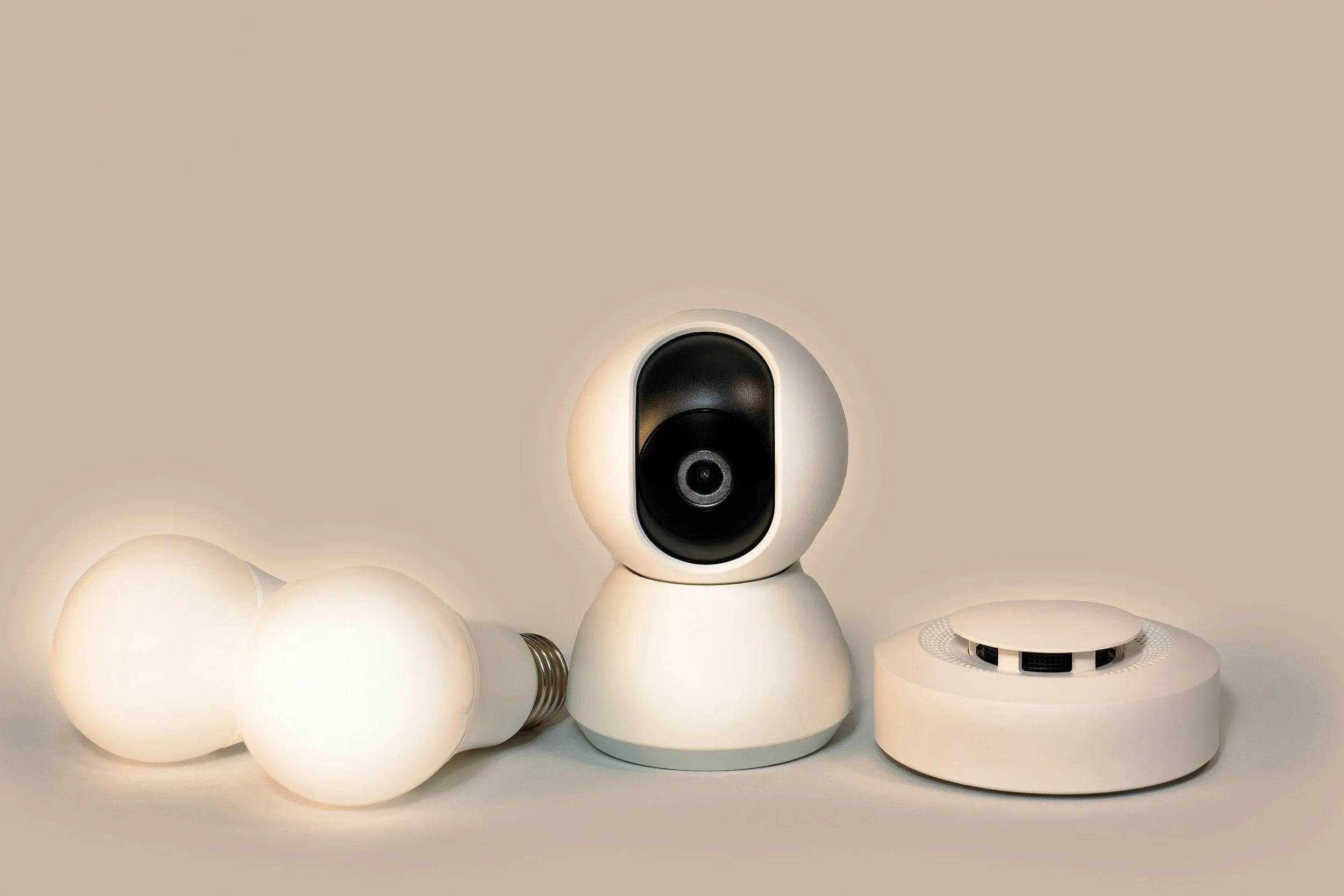
Choosing the right smart home ecosystem
Choosing the right smart home ecosystem depends on several factors including your preferences, existing devices, and future expansion plans. Here are some key considerations to help you decide:
Compatibility with Existing Devices: Check if the ecosystem supports the devices you already own. Compatibility issues can arise if your devices use different communication protocols
Voice Assistant Integration: Most ecosystems are compatible with major voice assistants like Amazon Alexa, Google Assistant, or Apple Siri. Make sure the ecosystem works seamlessly with your preferred assistant. If most of the phones in your house are iPhones, don’t select a Samsung SmartThing as a base.
Device Selection: Consider the range of devices each ecosystem supports. Some ecosystems may have a wider selection of smart devices than others, such as lights, cameras, thermostats.
User Interface and App Experience: Evaluate the user interface and app of each ecosystem. It should be intuitive and easy to use for controlling your devices, setting up routines, and automations.
Privacy and Security: Look into the privacy policies and security features offered by each ecosystem. Ensure your data and devices are protected from unauthorized access and breaches.
Scalability and Future-proofing: Think about your future needs. Choose an ecosystem that can grow with you, supporting additional devices and features as your smart home expands.
Support and Community: Check the support options available (e.g., customer service, online forums) in case you need assistance or troubleshooting help.
Cost: Consider the initial cost of devices and any ongoing subscription fees for premium features or cloud services.
Popular Smart Home Ecosystems
Amazon Alexa: Works well with a wide range of devices, particularly those compatible with Zigbee. Good for voice control and integration with Amazon services.
Google Assistant: Offers good integration with Google services and has compatibility with many smart home devices. Known for its natural language processing.
Apple HomeKit: Provides strong security and privacy features. Ideal for Apple users who want seamless integration with iOS devices and Siri voice control.
Home Assistant: Open-source software that runs on a local server, offering high customization and privacy control. It supports a wide range of devices through various integrations.
Making Your Decision
Ultimately, the best smart home ecosystem for you depends on your specific needs, current phones, and preferences. Consider testing out a few options if possible, starting with a small setup, to see which ecosystem aligns best with your lifestyle and technical requirements.
Hubs
Once you’ve selected your ecosystem, most of them require (or work best with) a hub. While there are a ton of options and feature sets, some of the most common are:
(Paid links, but be sure to find the best one that works for you).
